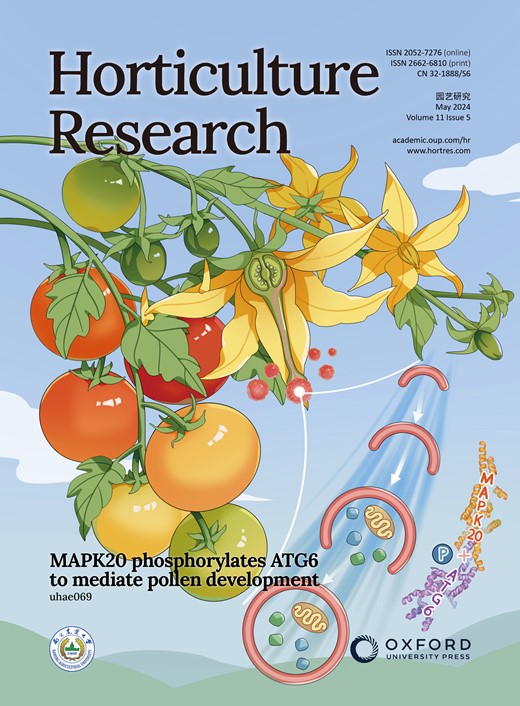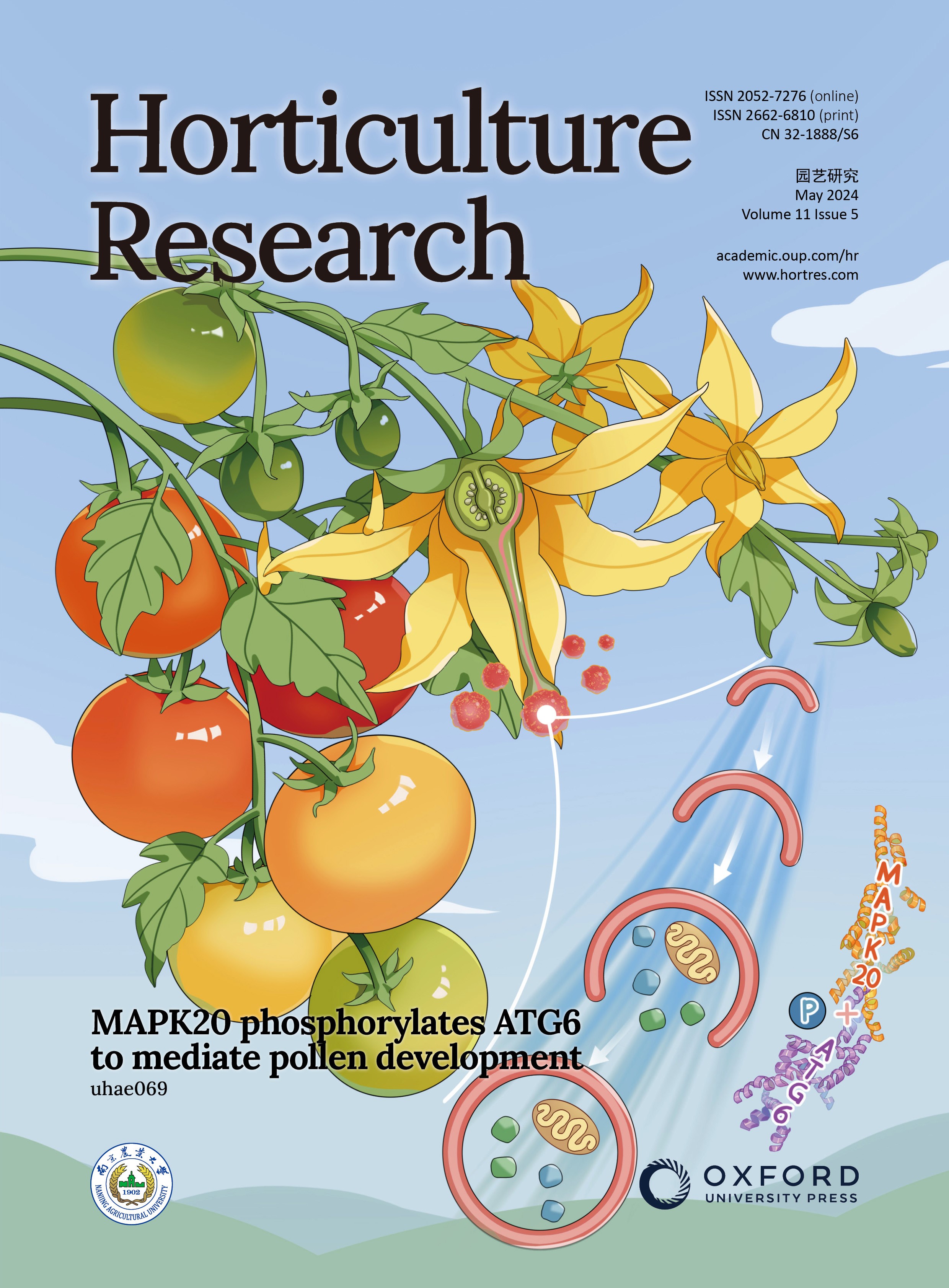
Cover image

In flowering plants, male reproductive development is a transient but complex process, which is critical for normal pollination and fertilization. The development of pollen involves complex and dynamic changes in the expression of many genes, which are tightly controlled by genetic networks and physiological metabolism. Mitogen-activated protein kinase (MAPK) plays a critical role in pollen development and stress response. Furthermore, the pollen development is supported by active cellular metabolism. Therefore, the synthesis and degradation of cellular materials are required to maintain the normal function of germ cells. Autophagy, as the housekeeping mechanism of eukaryotes, can degrade macromolecular protein aggregates and organelles, and is involved in regulation of tapetal cells degradation and pollen development. However, whether MAPK regulates autophagy to mediate pollen development in plants remains elusive. The present study demonstrated MAPK20 phosphorylation of ATG6 to mediate pollen development and germination in tomato (Solanum lycopersicum L.). MAPK20 was preferentially expressed in the stamen of tomato, and mutation of MAPK20 resulted in abnormal pollen grains and inhibited pollen viability and germination. MAPK20 interaction with ATG6 mediated the formation of autophagosomes. Liquid chromatography-tandem mass spectrometry (LC-MS/MS) analysis showed that ATG6 was phosphorylated by MAPK20 at Ser-265. Mutation of ATG6 in wild-type (WT) or in MAPK20 overexpression plants resulted in malformed and inviable pollens. Meanwhile, the number of autophagosomes in mapk20 and atg6 mutants were significantly lower than that of WT plants. Our results suggest that MAPK20-mediated ATG6 phosphorylation and autophagosome formation are critical for pollen development and germination.


